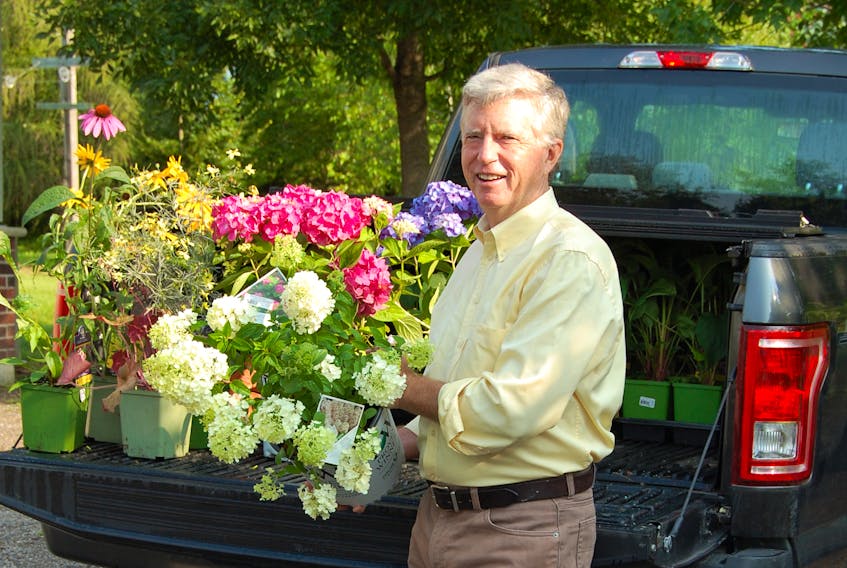A little bit of knowledge can be a useful thing.

Many Canadian gardeners wait until the long May 2-4 weekend to plant and sow their garden. There is no need. The fact is, you can be out there this weekend frolicking on the lawn and digging in the garden with just a little bit of knowledge about the opportunities to succeed and some of the limitations. That is where we come in: simplifying an otherwise mysterious process to gardening success.
Let’s start with this: this week it is OK to plant and sow anything that is frost-hardy. It is not a good idea to plant anything that is frost-sensitive.
Hardy 101
The tipping point for many plants is 0 C. This is not to suggest that you should plant your tomatoes if the next few weeks are frost-free. The soil at this time of year is cold and plants that prefer warm soil don’t like it one little bit. Conversely, there are plants that thrive in cool soil and cool air temperatures.
What you can plant
Veggies: sow directly in the ground, crops like carrots, onions, leeks, lettuce, cabbage (all “cole crops” like broccoli, cabbage, kale, cauliflower), beets, peas and Swiss chard.
Vegetable plants are available at many garden retailers now and we encourage you to plant them out. All the plants mentioned above will grow nicely, except the root crops mentioned, which should be sown from seed direct into the soil. Plus, raspberries, strawberries, rhubarb, and all shrub bearing fruits like currants and blackberries, are safe to plant out now.
Speaking of edibles, many herbs can be planted out but only after you harden them off by introducing them to midday sun and cold evening temperatures, an hour or two a day. As the plant becomes used to the lower temperatures and direct sun, it acclimatizes to the out of doors. After about 10 days, they are safe to plant out.
Ornamentals are ready for planting now also. All flowering shrubs, trees (including fruit trees), evergreens, roses and most perennials are suitable for early May planting. The exceptions are the ones that have been force-grown in a greenhouse. You will know these right away as they have new, green growth. This growth is soft and susceptible to frost damage.
They are also the most tempting to buy, which is why they are force grown.
Flowering plants that will tempt you and are perfectly hardy, ready to plant, include pansies, violas, ranunculus, mums, and all flowering bulbs including crocus, daffodils, hyacinths, and tulips.
It is open season for lawns. Rake, sow seed, fertilize to abandon. You can’t go wrong.
What not to plant/sow
There are many plants that are sensitive to frost and cold soil that should not be planted until late in May or early June.
Veggies include tomatoes, potatoes, peppers, squash, beans, cucumbers, melons and corn. When soil temperatures rise above 15 C you can plant or sow these crops.
You will also need to wait to plant annual flowering plants including, but not limited to, petunias, impatiens, geraniums, snapdragons and… you get the idea.
They are called “annuals” as they complete their life cycle in one growing season.
The interesting thing, however, is that many of them will survive early frost well into November. Geraniums, dusty miller and snapdragons to mention just three.
A little knowledge, a little mystery dispelled. You are welcome.
Mark Cullen is an expert gardener, author, broadcaster, tree advocate and Member of the Order of Canada. His son Ben is a fourth-generation urban gardener and graduate of University of Guelph and Dalhousie University in Halifax. Follow them at markcullen.com, @markcullengardening, and on Facebook.









